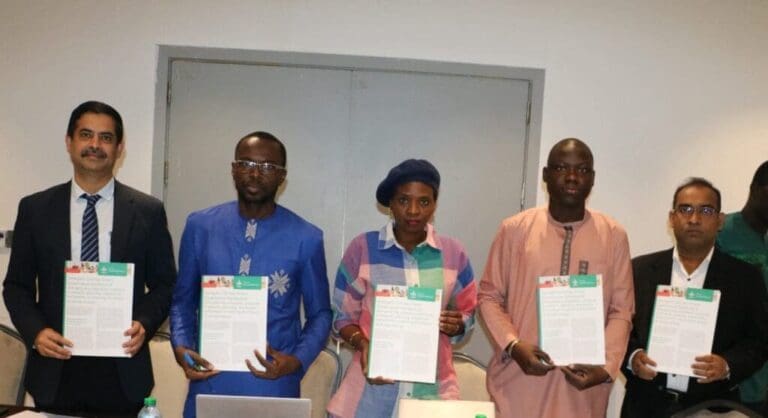Digital platforms have become essential tools for monitoring climate policies, projects and programs, and communicating information to various stakeholders.
Taking into account the importance of digital technology, the Senegalese Ministry of the Environment and Ecological Transition (METE), through the Directorate of Climate Change, Ecological Transition and Green Finance, is benefiting from the support of the CGIAR Climate Resilience Program (ClimBeR) to develop a dashboard for
monitoring adaptation projects, programs and initiatives.
This tool, launched three years ago by the World Water Management Institute, is already being implemented in Zambia, Kenya and Sri Lanka to, among other things, address the lack of timely, context-specific and actionable information needed by local communities and planners to make informed decisions on climate adaptation interventions.
The dashboard seeks to foster more effective decision-making processes and facilitate the mapping of interventions to strengthen synergies between actors.
The development of the tool follows a participatory and inclusive process.
“This is a tool that will allow us to have much more justifiable monitoring of climate change adaptation initiatives at the national level. It will help to spatialise interventions, correct certain inequities at the territorial level and have much more rational interventions in relation to the national territory,” explained Professor Boubacar Bâ, Vice-President of the National Committee on Climate Change (Comnac) of Senegal.
He officially opened a workshop to launch this dashboard for smart climate governance. According to him, in the context of climate change mitigation and adaptation, several partners can intervene for the same aspect without consulting each other, hence the importance of the dashboard which helps to avoid duplication and to make interventions much more effective.
TE/fss/as/APA


